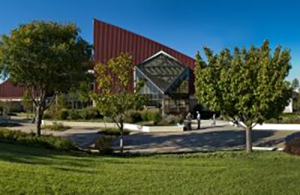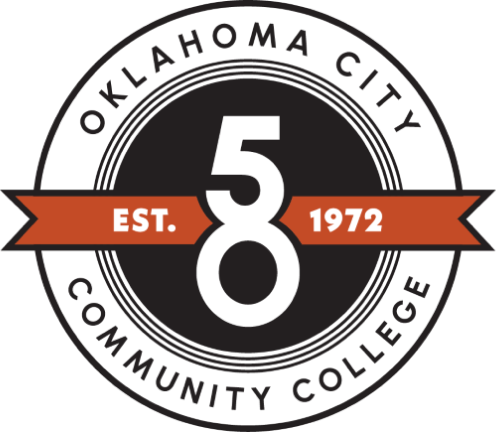Writing Center ECHO: Commonly Misused Words
(405) 682-1611 Ext. 7379
7777 South May Avenue
Oklahoma City, OK 73159
An educational resource of Division of Arts, English, and Humanities
Writing Center Hours
Fall and Spring Semester:
Monday-Thursday, 9 AM-7 PM
Friday and Saturday, 10 AM-3 PM
Summer Semester:
Monday-Thursday, 9 AM-7 PM
Friday (virtually only), 10 AM-3 PM
Closed Saturday
Intersessions:
Monday-Friday, 9AM-5PM
ECHO: Commonly Misused Words
accept / except
- accept:
- verb meaning "to take/ receive" "Will you accept this advice?"
- except:
- proposition meaning "not including; other than" "Everyone was invited except me."
advise / advice
- advise:
- (verb) "Will you advise me on this subject?"
- advice:
- (noun) "Accept this advice."
affect / effect
- affect:
- (verb meaning "to influence") "The weather will affect our weekend plans."
- effect:
- (noun) "What were the effects of the last tax bill?"
- effect:
- (verb meaning "to bring about or execute") "Will the courts effect the new law on gun control?"
a lot
(as in "a group" or "a bunch"—never "alot")
all right
(not "alright")
already / all ready
- already:
- (adverb) "They are already late."
- all ready:
- meaning "completely; all prepared" "The girls are all ready to go."
awhile / a while
- awhile:
- (adverb) "Wait awhile."
- a while:
- (noun: use following "for" or "in") "He said he'd be here in a while."
among / between
- among:
- use when referring to more than two people or things
- between:
- use when referring to only two people or things
amount / number
- amount:
- use when referring to things which cannot be counted
- number:
- use when referring to things which can be counted
desert / dessert
- desert:
- (noun) "Camels usually live in the desert." (verb) "Don't desert me now when I need you."
- dessert:
- (noun) "My favorite dessert is cheesecake."
farther / further
- farther:
- use when referring to physical distance that can be measured
- further:
- refers to nonphysical distance
few / less
- few:
- not many (used with count nouns)
- less:
- smaller in size, extent, degree (used with non-count nouns)
its / it's
- its:
- possessive pronoun such as "his"—never use an apostrophe
- it's:
- it is
lie / lay
- lie:
- "to recline or rest" Never takes a direct object—"Did you lie down all day?"
- lay:
- "to put something down; to place something somewhere" Always takes a direct object—"Lay the mail on the table.
sit / set
- sit:
- "to sit down" Never takes a direct object—"Where will we sit?"
- set:
- "to put in a specified position" Takes a direct object—"Set the book over there."
than / then
- than:
- used for comparison
- then:
- denotes time or chronological order
their / there / they're
- their:
- (possessive pronoun) "Is this their house?"
- there:
- (preposition) "Stand over there."
- they're:
- they are
to / two / too
- to:
- (preposition) "Go to the store."
- two:
- (number two)
- too:
- (adverb meaning "also; as well; excessively") "My writing suffers from too much neglect." "Do you want to improve too?"
who's / whose
- who's:
- who is
- whose:
- (possessive pronoun) "Whose book is this?"
would've
Commonly written "would of." The correct form is "would have."
you're / your
- you're:
- you are
- your:
- (possessive pronoun) "Was your car stolen or towed?"









